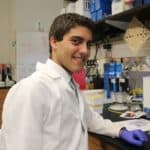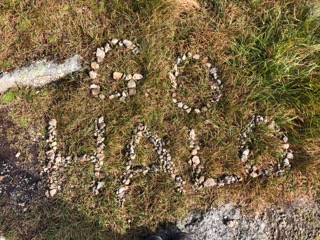
It was 2:30 a.m. on Monday, Feb. 18, 2019, and Halo Fernandez couldn’t sleep. It had been 38 degrees the day before, and in a few hours, he would begin his dream of climbing the 2,192 mile Appalachian Trail.
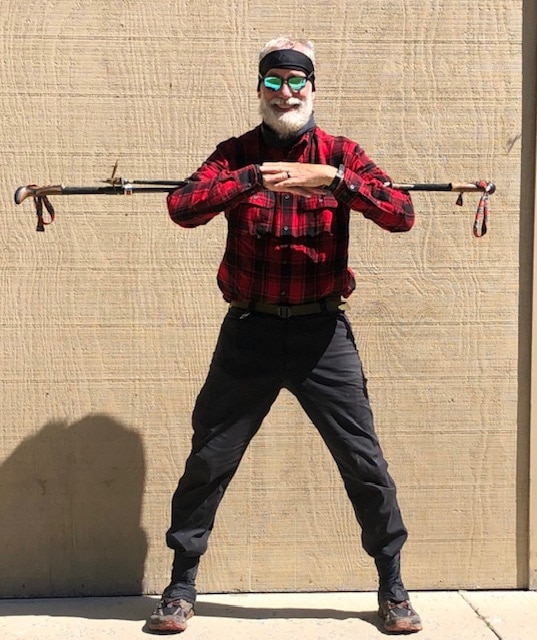
“The morning was chilly but clear and not raining,” Fernandez wrote in his 2019 Appalachian Trail Journal. “My lovely wife and father-in-law took pictures and videotaped me as I made my way up the trail. It was a controlled emotional time as deep inside I was wondering what in the world am I doing? Of course, I kept the brave face and hiding smile as I waved and walked off into the clouds.”
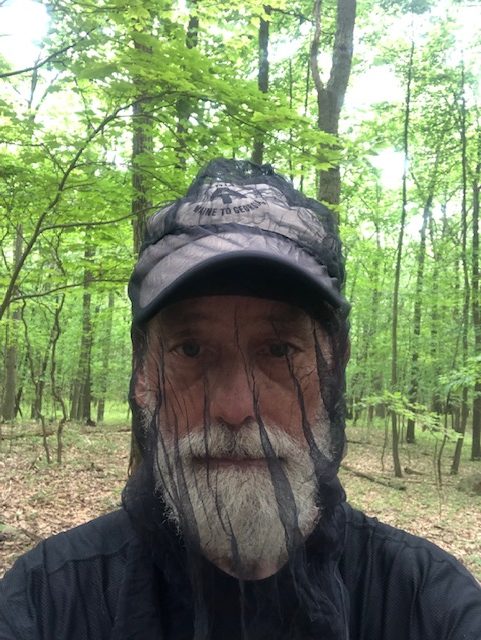
This excerpt from Fernandez’s trail journal has over 300,000 reads, and his entire trail journal has an average of 300,000 reads per journal entry on the trailjournals.com website. The website is used by the hiking fanatic community and their families to share hiking tips, journal their days hiking, and share their hike mileage status.
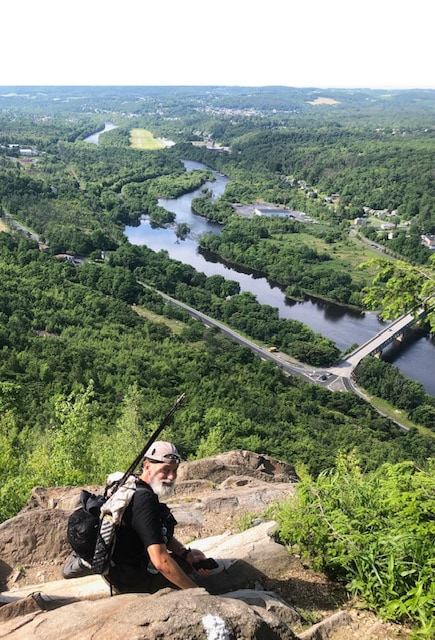
“It was interesting to have people that didn’t even know me respond and offer prayers and offer good thoughts and just follow along with me, so I would try to journal every night,” Fernandez said.
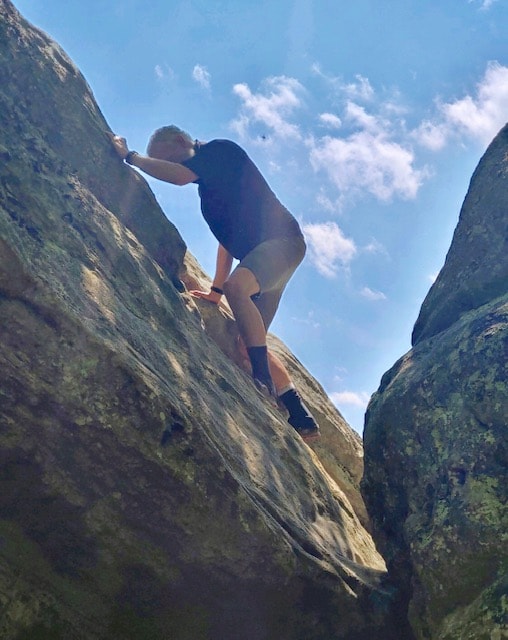
In the same month, he retired after spending 30 years at Sherwin Williams as a national account executive and began his journey of hiking the Appalachian Trail.
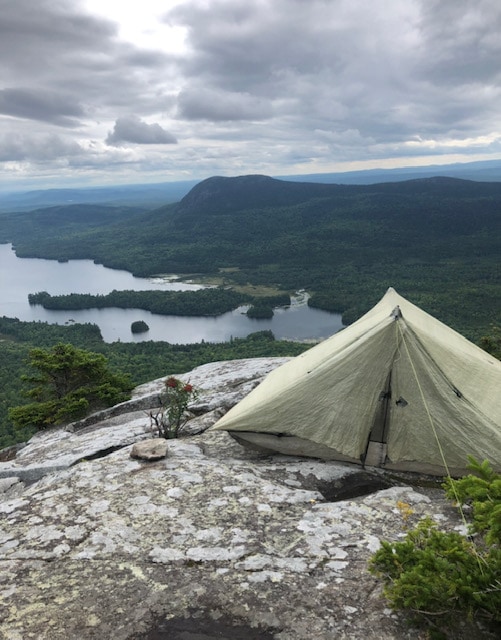
Two years prior to hiking the Appalachian trails, Fernandez had a massive heart attack with over 99% blockage of his artery, known as the widowmaker heart attack because it can cause rapid heart failure. He had gone to his yearly check-up and cardiologist appointment only three months earlier.
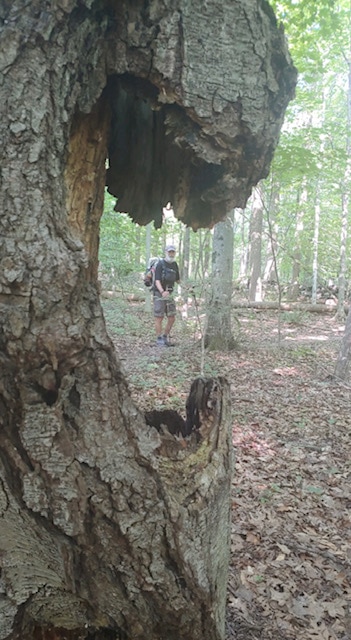
On the morning of an average day on a business trip in 2017 in Asheville, North Carolina, Fernandez had woken up to do some exercise but felt overly fatigued.

“There was no pain,” Fernandez said. “It was to the point that every time I saw a bench, I felt I had to sit down, and once I sat down, I felt fine.”
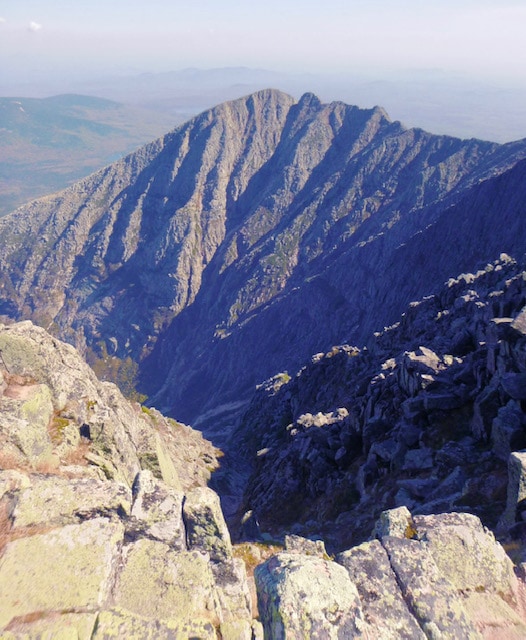
As the day went on, Fernandez ignored the extreme fatigue and blamed it on a higher altitude until things took a turn for the worse.
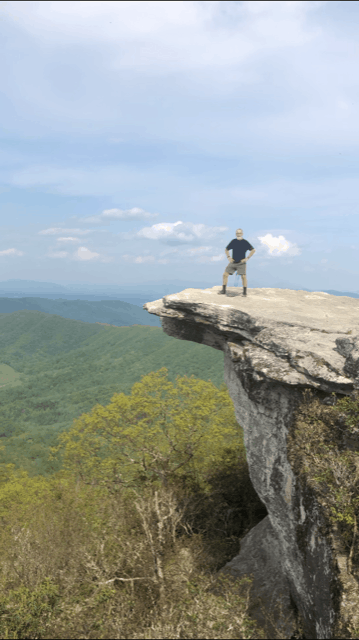
“We pulled off to a gas station, and my wife was able to get some water and aspirin in me then called 911, and I was very, very fortunate to be in Asheville because that’s one of the top 10 heart facilities in the United States.”
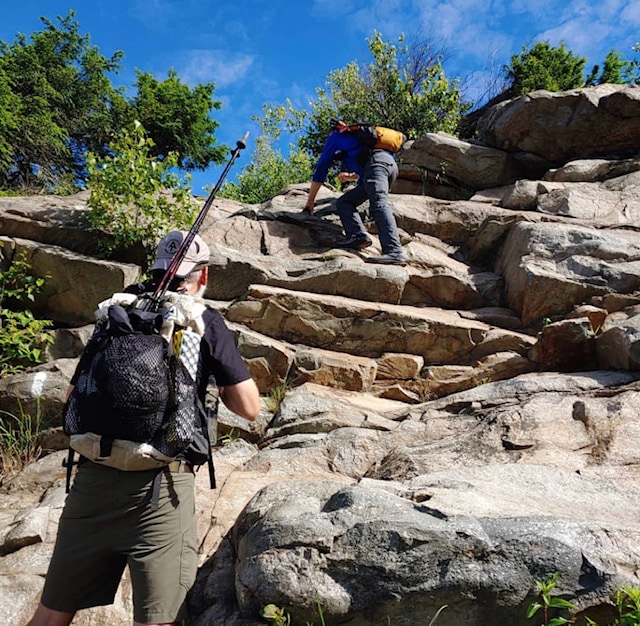
While still in the hospital, he asked his cardiologist if his lifelong dream of hiking the Appalachian Trail was still possible after his heart attack. With regular exercise and a healthy diet, Fernandez said his doctor didn’t see why he couldn’t do it.
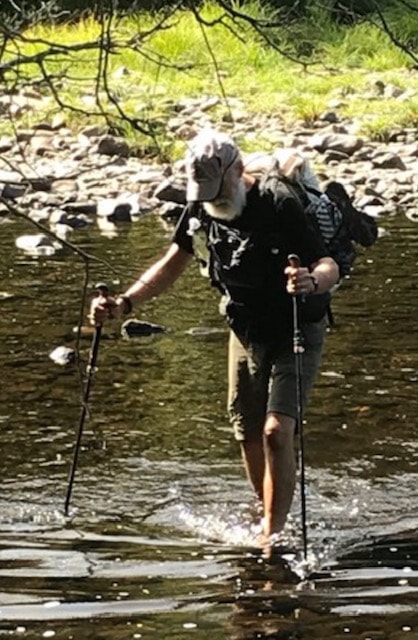
“It gave me additional motivation to get well with the goal of hiking the trail,” Fernandez said.
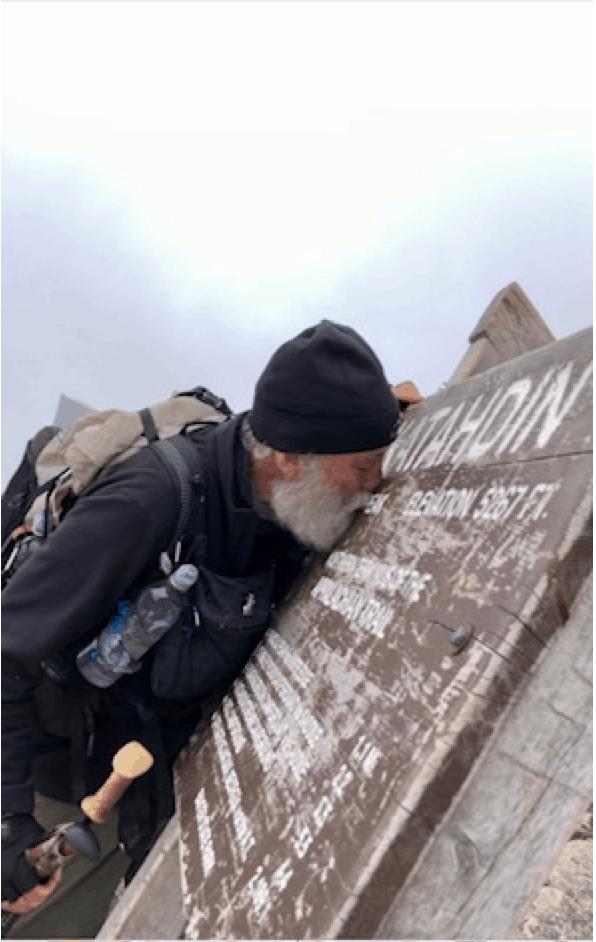
Fernandez has a theory that a fishing trip two weeks prior may have caused his heart attack. He caught a 180-pound tarpon fish; by the time he brought it in, he knew he had overdone it and possibly loosened a plaque in his arteries that could have caused the massive blockage. He went into his hike two years later still cautious of overexerting himself.

“If you are feeling tired for apparently no good reason, get yourself checked out,” Fernandez said. “Don’t wait until you are in pain, and be aware of the symptoms of heart attacks.”
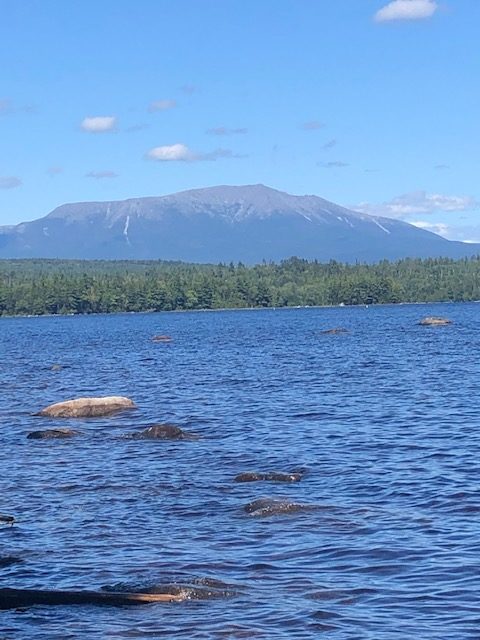
Fernandez, whose father passed away from a heart attack, suggests that if there’s a family history of heart attacks, it’s a good idea to visit a cardiologist.
“Yes, it would have been safer staying at home [than hiking the trail], but I’m not going to hinder myself,” Fernandez said.
